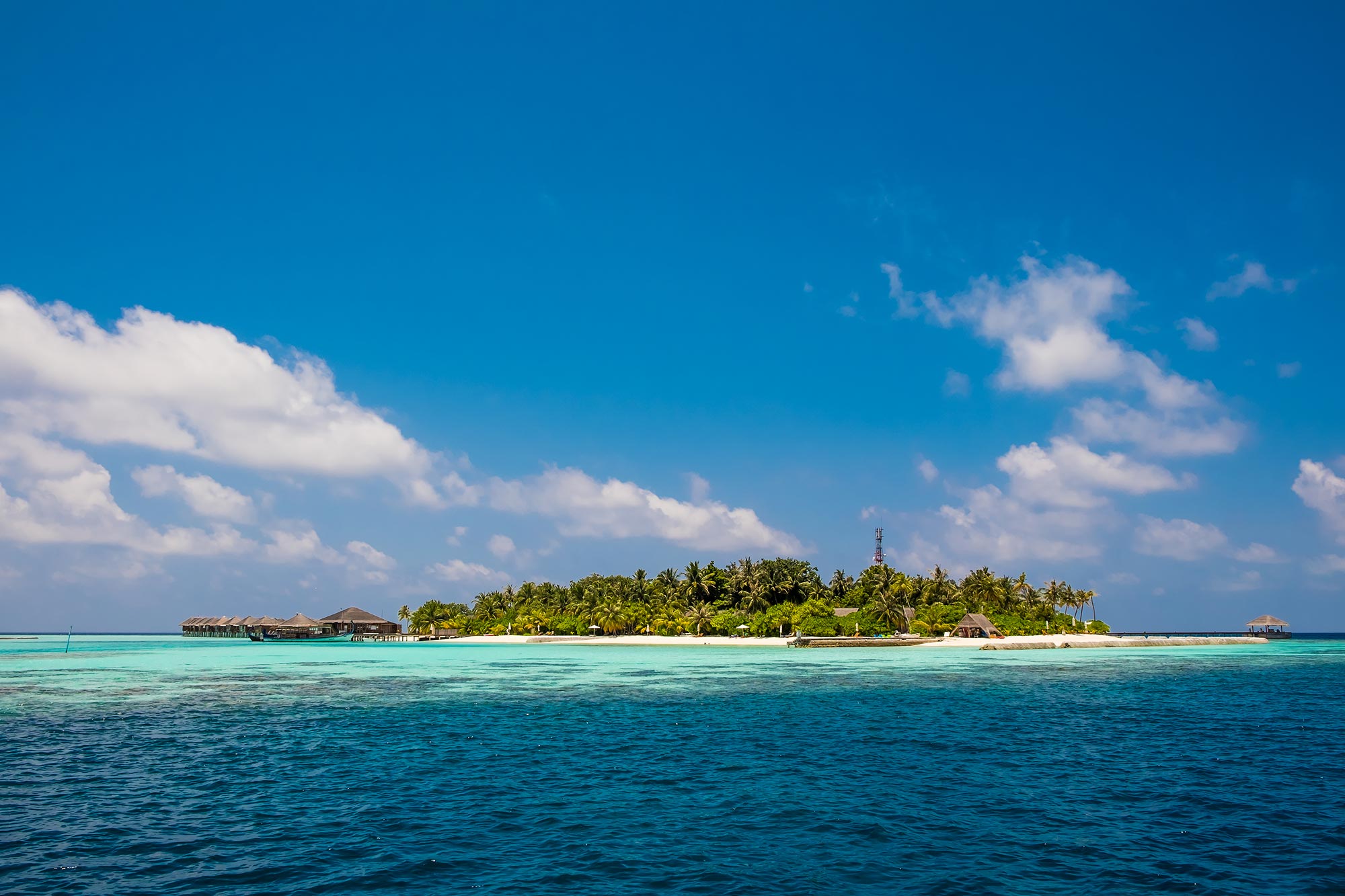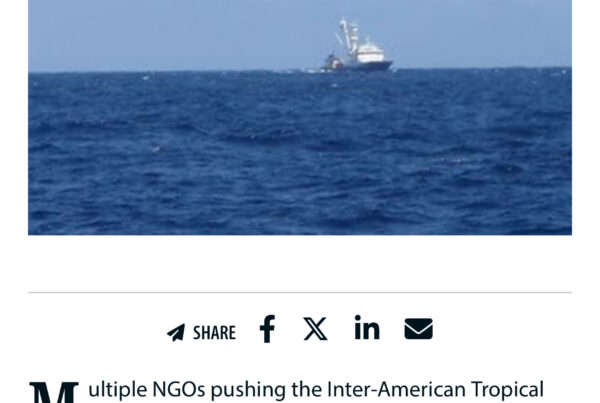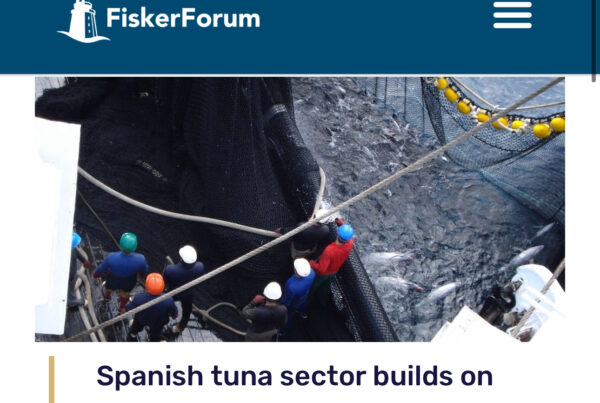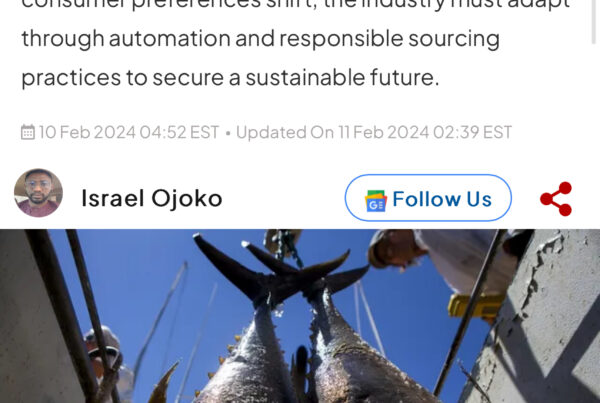Japan’s Bigeye Tuna Catches in Indian Ocean To Be Cut by 6%
Fishing quotas will be introduced for bigeye tuna, a popular sashimi fish, in the Indian Ocean, with Japan and other major consumer countries asked to reduce their catches for resource preservation.
Under the 2024-2025 quotas set for eight economies which account for most of bigeye tuna catches in the Indian Ocean, Japan’s annual catches will be capped at 3,684 tons, down by 6% from the 2017-2021 average. The eight also include Indonesia, Taiwan and the European Union.
The Indian Ocean Tuna Commission, which comprises 30 countries and regions, agreed to introduce the quotas at its annual meeting in Mauritius May 8-12, as bigeye tuna resources have been decreasing due to the impact of purse seining, a fishing method for capturing a large amount at one time. Continue reading here (Source: Japan Times).
Broad Alliance of Seafood Sustainability Groups Call for More International Action on IUU Fishing
A group of seafood sustainability organizations is calling on national governments across the globe to take more action to address illegal, unreported, and unregulated (IUU) fishing.
In a joint statement, SeaBOS, the International Seafood Sustainability Foundation (ISSF), the Global Sustainable Seafood Initiative (GSSI) , the Global Dialogue on Seafood Traceability (GDST), the Global Tuna Alliance (GTA), and Sea Pact called for nations to ratify and implement the Port State Measures Agreement; fully implement the Global Record; adopt the Voluntary Transshipment Guidelines agreed in FAO; and agree to the Roadmap for Combatting IUU Fishing adopted by the Economies of the Asia-Pacific Economic Cooperation (APEC). Continue reading here (Source: SeafoodSource).
Spanish Tuna Grouping Goes for Full Certification
Spanish tuna operators within OPAGAC are making a €7 million investment over the coming couple of years to ensure that the group’s entire 380,000 tonne annual catch will be MSC certified. With fishing activity in the Pacific, Atlantic and Indian oceans, the OPAGAC vessels currently account for around 8% of the world tuna catch.
This latest move and investment follows the more than €17 million that OPAGAC put into certification of six out of twelve tropical tuna stocks between 2018 and 2022, and this is alongside the group’s longstanding efforts to guarantee social sustainability in terms of ensuring decent working conditions, safety and well-being of crews.
An OPAGAC representative stated that the Spanish fleet welcomes the opportunities a proposal for a Directive on Due Diligence would provide for standardization of criteria.
Continue reading here (Source: FiskerForum).
Amata Emphasized Fishing Rights and Oversight in NOAA and OIA Hearings
Congresswoman Uifa’atali Amata took part in relevant hearings and once again strongly emphasized to administration officials the facts about American Samoa’s local economy and the fishing issue, and the importance of the OIA role. She welcomed new OIA Director John Brewer with a meeting in her DC congressional office, having first met him last month at Flag Day celebrations in American Samoa.
“I appreciated this opportunity to welcome OIA Director John Brewer,” said Congresswoman Amata. “It was a first chance of many to discuss priorities, and I look forward to working with him and others at the Department of the Interior to always be moving forward and making a difference for our islands.” Continue reading here (Source: Samoa News).
China-Pacific Island Countries Agriculture and Fisheries Ministers Meeting 2023
Honorable Agriculture and Fisheries Ministers and distinguished guests, it is an honor to address you today on fisheries cooperation and why this forum, is important to our Pacific Island countries.
Fisheries provide a vital source of food and livelihood for all our peoples in the Pacific. So we are concerned about the many issues it currently faces. This includes overfishing, illegal fishing, and climate change among other issues that place tremendous pressure on our fisheries resources. This is why this forum of ministers is so crucial to our success in fisheries management in all our countries and China.
As you know, in the Pacific, cooperation between all countries is now a requirement for effective fisheries management for coastal and oceanic fisheries. This is important as fish such as tuna and other pelagic fish, do not respect national boundaries, and they move freely across our EEZs. To manage these resources sustainably, we have recognized that we must all work together to ensure that fishing is conducted in a responsible and equitable manner. Continue reading here (Source: Newswires).
Sainsbury’s Commits to Sustainable Tuna Sourcing
Sainsbury’s has announced a new commitment to sustainable fish sourcing, confirming all its own-label canned tuna will now be both 100 per cent Marine Stewardship Council (MSC) certified, as well as being pole and line caught.
The supermarket said the new pledge forms part of its wider ambitions to ensure responsible fish sourcing as it underscored its commitment to ensuring 100 per cent of its seafood sales are independently certified.
As well as now carrying the MSC logo on all its own-brand range of canned tuna, Sainsbury’s said it is moving to 100 per cent pole and line caught tuna. The approach slashes the risk of by-catch, has a lower environmental impact, and supports local fisherman employment. Continue reading here (Source: BusinessGreen).
Ivory Coast Imposes Fishing Bans in Bid to Conserve Stocks
West African fish exporter Ivory Coast on Thursday announced temporary bans on trawling for tuna and other species in a bid to protect dwindling stocks.
“In the face of the threat from the continued fall in marine fisheries resources,” the government “has taken the initiative to set up an annual biological rest period in Ivory Coast’s marine zones,” Fisheries Minister Sidi Tiemoko Toure told a press conference.
The measure aims at protecting a range of species, including red tuna, sardinella, anchovies and the giant African threadfin. Continue reading here(Source: Phys.org).
Russia Warns of Asia Pacific Militarization After US, Papua New Guinea Sign Defense Pact
A military pact signed last week by the United States and Papua New Guinea will provide Washington with a foothold in the South Pacific and allow it to continue militarizing the Asia-Pacific region, the spokeswoman for the Russian Foreign Ministry said Monday.
The deal was signed by PNG Prime Minister James Marape and US Secretary of State Antony Blinken, who came to the Pacific island nation’s capital, Port Moresby, as a stand-in for President Joe Biden after he canceled his planned trip over the debt-ceiling crisis.
“The existence of this pact … can only be interpreted as another step forward toward militarizing the Asia-Pacific region, escalating military tensions and dragging Port Moresby into Washington’s geopolitical games aimed against Russia and China,” Maria Zakharova said. Continue reading here (Source: Daily Sun).



